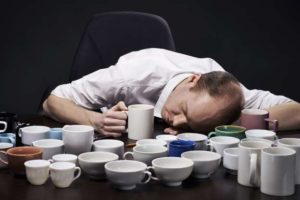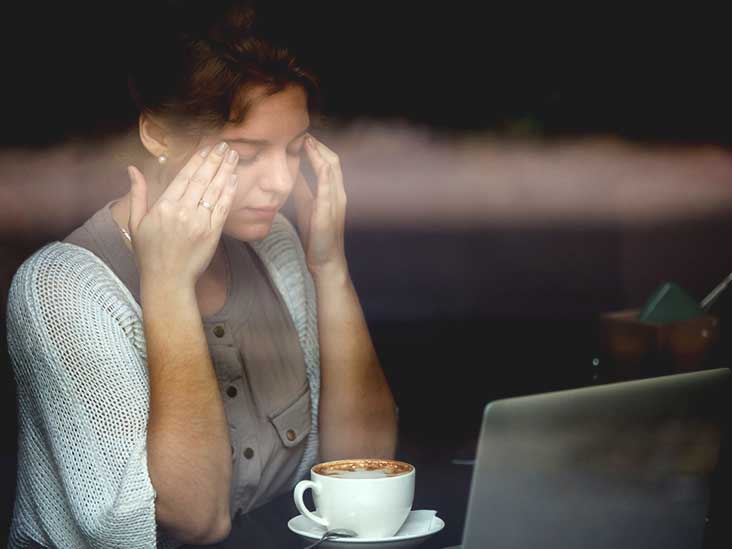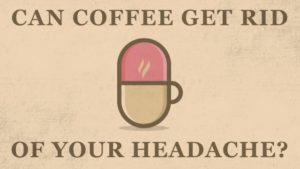Caffeine can give your workout a boost, but can it also trigger a migraine? Here’s what the research says.
- According to a new study published in the American Journal of Medicine, one to two servings of caffeine per day did not lead to migraines in chronic migraine sufferers.
- However, three or more servings of caffeine per day was associated with a migraine on that same day or the day after.
If you’re a regular migraine sufferer, you know how debilitating they can be and how much they can mess with your training schedule. You are probably quite familiar with all the things that are reported to be headache triggers—so you can stay far, far away them.
One of the most common? Caffeine. And that can be a bummer, since running and coffee pretty much go hand in hand.
But how true is that, really? Should you continue to avoid caffeine if you want to stave off a head-throbber, which can cause nausea, vomiting, and sensitivity to lightalong with the pain? Or can you indulge in a cup to power your workout?
Researchers took on that question: In a new study, published in the American Journal of Medicine, researchers looked at 98 people who experienced chronic migraines, meaning they had them anywhere from two to 15 days of them per month for at least three months prior. Each participant answered questions about their medical history and typical caffeine intake, and chose from a list of commonly reported migraine triggers—such as caffeine consumption, lack of sleep, or changes in weather—to report which ones they believed caused their headaches in the past.
Watch: My Slumberland
Then, participants kept a daily diary for six weeks where they noted things like how many servings of caffeine they had—defined as 8 ounces (oz) of coffee, 6 oz of tea, a 12-oz can of soda, or a 2-oz can of an energy drink—how much physical activity they got, and what their stress levels and sleep schedules were like.
[Build a killer midsection in the kitchen for effortless miles on the road with Eat for Abs!]
The researchers found that those who consumed three or more servings of caffeine on a particular day were 40 percent more likely to get a migraine on that day or the next day. However, consuming one to two servings of caffeine on a particular day wasn’t associated with migraines on that day or the next.
The findings have to do with the link between caffeine and a chemical in your brain cells called adenosine, which, along with making you feel sleepy, also plays a role in pain, according to the study. The structure of caffeine molecules is similar to that of the adenosine receptors in your brain, so they are able to bind to them, blocking the effects of adenosine.
“Caffeine can have both beneficial and harmful effects,” Elizabeth Mostofsky, Sc.D., study coauthor, investigator in Beth Israel Deaconess Medical Center’s Cardiovascular Epidemiology Research Unit, told Runner’s World. For instance, while this study found too much caffeine led to migraines, lower dosages of caffeine are actually used in some medications to ease headache pain, such as Excedrin, which contains 65 milligrams of caffeine, or half the amount in a Starbucks short dark roast.
While the researchers aren’t really sure how caffeine can work as both a pain reliever and a pain reducer, they believe things like dose, frequency, and habit play a role.
For example, for those who typically drank less than one serving of caffeine a day, two or more servings was harmful, she explained. For those who typically drank more than one serving of caffeine per day, three or more servings was harmful. Too much caffeine, and then a withdrawal from it, can also trigger a headache, too.

“In addition, caffeine can make you urinate more, potentially dehydrating you. In turn, dehydration can cause headaches,” Mostofsky said.
So going overboard on caffeine, or drinking more than you are used to, can trigger migraines. But the biggest bottom line? Sticking with a moderate amount—like a cup or two of coffee a day—should not cause a migraine, which goes against a pretty big misconception out there.
A true love for sports



Recent Comments